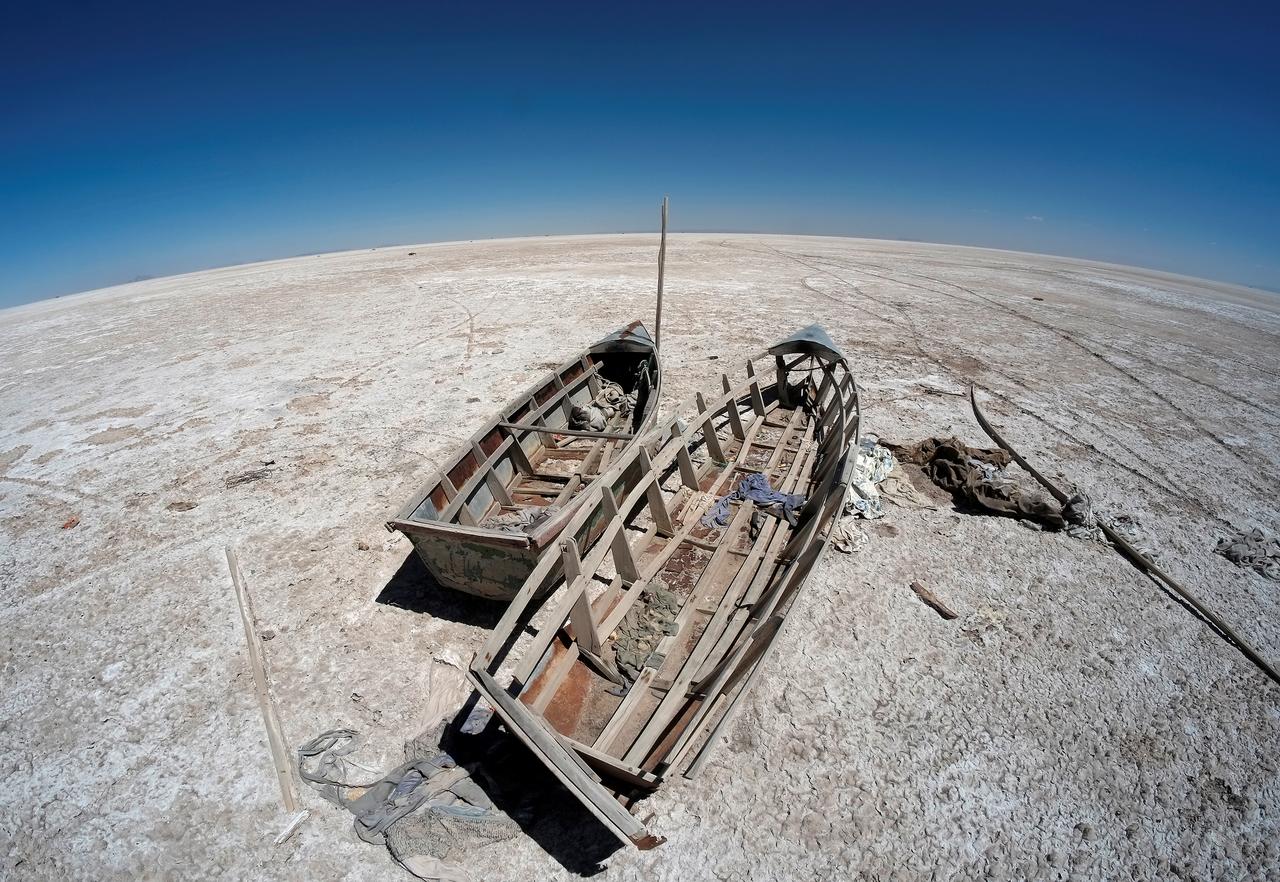
This was stressed by speakers as the Upper Indus Basin Network-Pakistan Chapter (UIBN-PC) held its first general meeting to review the progress of technical working groups and their plans of action, read a statement issued on Sunday.
UIBN-PC is a think-tank of experts formed by the International Center for Integrated Mountain Development (ICIMOD).
Pakistan Meteorological Department Director-General and UIBN-PC coordinator Muhammad Riaz elaborated how climate change is adversely affecting the entire ecosystem.
ICIMOD representative Ghulam Rasul informed that an integrated approach is required to assess and combat the changing climate.
UIBN chairperson Khalid Mohtadullah highlighted that the Indus Basin is home to nearly 215 million people and has seven main rivers originating from glaciers and snowfields in the western Himalaya, Karakoram and the Hindu Kush.
The basin is the source for 96% of irrigation water for over 16 million hectares of agriculture land, providing water to around 36 million acres of land in the country. It also has the potential to provide 60,000 megawatts of hydropower to the country, he added.
He suggested for collaboration amongst beneficiary countries for launching a concerted effort to understand and share the current changes in the UIB and provide viable adaptation or mitigation solutions.
Federal Flood Commission Chairperson Ahmad Kamal said his department was working with the World Bank over evaluating losses to Indus Basin due to stresses on resources from changing demographics and climatic conditions. He requested the forum to provide recommendations to all relevant ministries which will help in devising implementation frameworks for different national policies.
The Foreign Office Director-General Shozab Abbas linked water scarcity with mismanagement of water resources in the country. He hoped that UIBN-PC can steer the scientific research and solutions to changing climate.
The experts from the UIBN-PC after holding discussion suggested for awareness of communities, sharing of information on media especially social media, awareness of policymakers about threats to Indus Basin, increasing research work of scholars on hydrology, glaciers and agriculture.
Muhammad Mudassar Maqsood of ICIMOD summarised the proceedings and emphasised that the future action plans of UIBN-PC must integrate national policies so that each member organisation may help the government in the implementation of national policies.
1731570357-0/elon-musk-(1)1731570357-0-405x300.webp)
-(1)1717678110-0/Kendrick-(1)-(1)1717678110-0-165x106.webp)









COMMENTS
Comments are moderated and generally will be posted if they are on-topic and not abusive.
For more information, please see our Comments FAQ